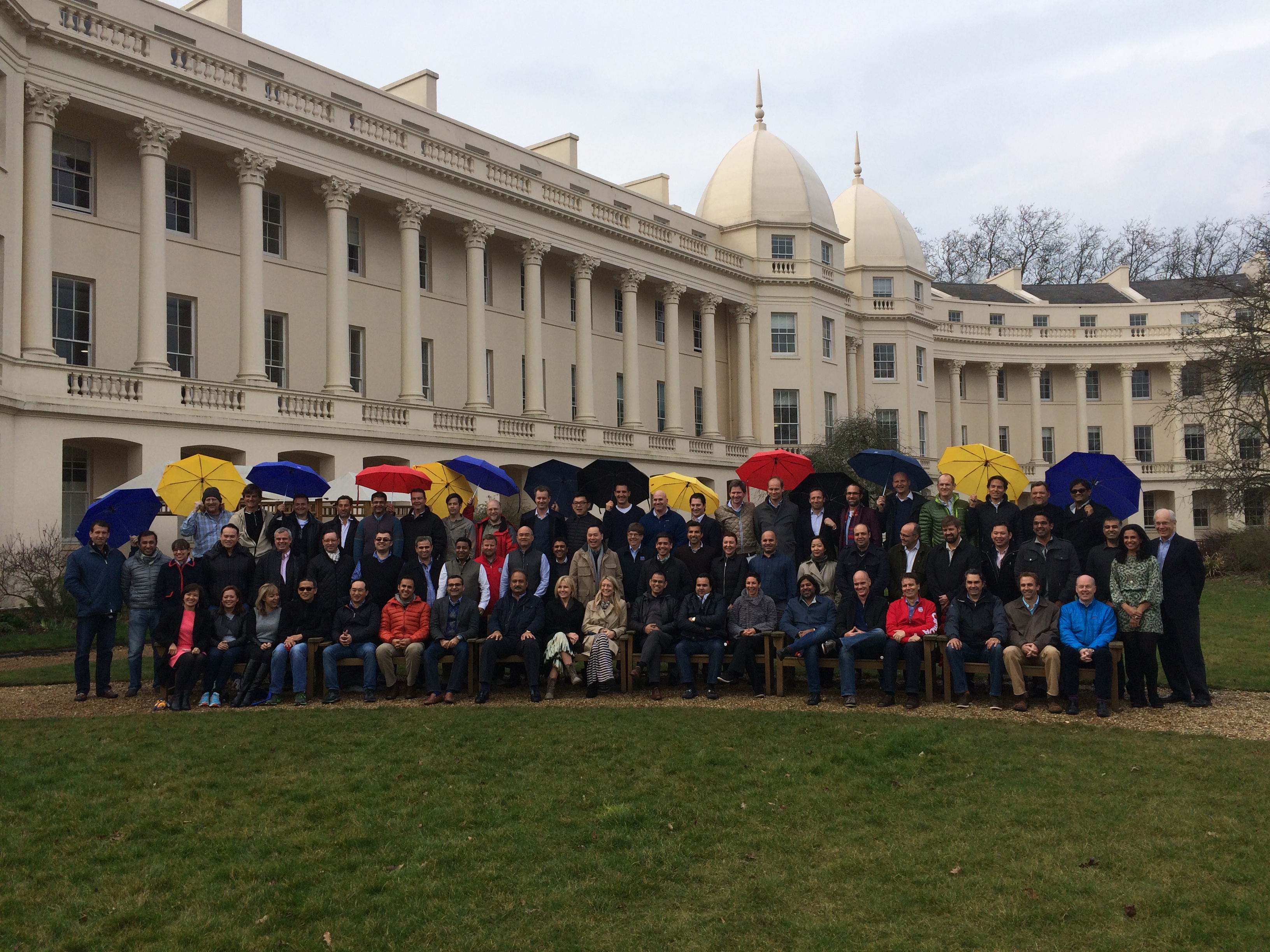
By Randy Nelson, an EO Raleigh Durham member and president of Gold Dolphins, LLC
At the recent EO/London Business School Growth Forum, which I attended with more than 70 global EO members from 21 countries, Richard Jolly, an adjunct professor of organizational behavior and a member of the faculty, stated that “the lack of self-awareness is the fatal flaw for the leader.” Having experience with such a flaw in my years as an entrepreneur, I am in complete agreement.
I joined EO in 1998, and when I look back at my time as a founding member of EO Raleigh Durham, I realize there are a couple of key inflection points that were life- and career-changing for me. As a young entrepreneur, I was loaded with self-confidence. I believed there was not much I couldn’t accomplish if I set my mind to it. Hanging around other successful entrepreneurs in EO only multiplied these feelings, but something critical was still missing from my entrepreneurial resume— self-awareness.
Stephen Covey defines self-awareness as: “The ability to reflect on one’s own life, grow in self-knowledge to improve oneself and either overcome or compensate for weaknesses.” Translation in my career: Wake-up calls! The most abrupt wake-up call came after eight years of consistent growth in one of my businesses. I applied for, and was accepted into, the “EO Birthing of Giants” program at MIT, now known as the Entrepreneurial Masters Program. I was so excited to hang around other entrepreneurs and learn a few things, but what I didn’t expect was to be bombarded with information that proved there were too many things “I didn’t know I didn’t know.”
Reflecting on this “whoops” moment, it clearly was the turning point when I fully committed to growing in self-knowledge for the benefit of both myself and my company. Another major inflection point came when I lost complete control of my business in 2001, right when the economy nosedived. My business had to be downsized by more than 75% in a three-year period, taking with it the careers of more than 200 loyal employees. It became very clear during this challenging period that I needed to improve my leadership skills (especially my financial skills) to overcome the challenges facing my company.
Looking back, I realize how important these two inflection points were on my entrepreneurial journey. More importantly, when my weaknesses were exposed, I made the right decision to focus on improving my self-awareness, not just relying on my optimism and self-confidence to get me through. When I could overcome the weaknesses, I did, and EO was a significant asset to help make that happen. When it was clear I did not have the ability to overcome the weaknesses, then I had to compensate and bring on the right people to help. Earlier in my career, I wouldn’t have been capable of making either decision.
We all allow ourselves to become vulnerable in our Forum groups, and that is one of the most valuable features and benefits of EO. But in my career, I had to take it a step further and become self-aware that I was a significantly better leader when I transitioned from the “I don’t know what I don’t know” leader to the “I know what I don’t know” leader. And I had to surround myself with great people that could not only compensate for my weaknesses, but also make me aware of what it was that I didn’t know. I have never lost my self-confidence or my optimism, though they have certainly been challenged over the past 25 years. To grow as a leader and as a person, increasing my self-awareness was one of the greatest gifts I ever gave myself and my organization.
Randy Nelson is an EO Raleigh Durham member; president of Gold Dolphins, LLC, an executive-coaching firm; a former Navy submarine officer; and the author of “The Second Decision: The Qualified Entrepreneur,” an entrepreneurial and leadership self-awareness journey. He is also a speaker and executive coach to entrepreneurial CEOs. Contact Randy at [email protected].
Categories: international members Productivity

Very important lesson. I too find myself seeking out more self awareness of where I stand and how I lead others. Sometimes far too critical of myself which hits my self confidence but I feel that I owe to those around me to grow. I ask my staff to grow and take more responsibilities so why wouldn’t I do so myself. As we grow into other markets like Richmond and Raleigh, I ask myself if I’m doing it for the right reasons. Thanks for sharing your thoughts.
Eugene.